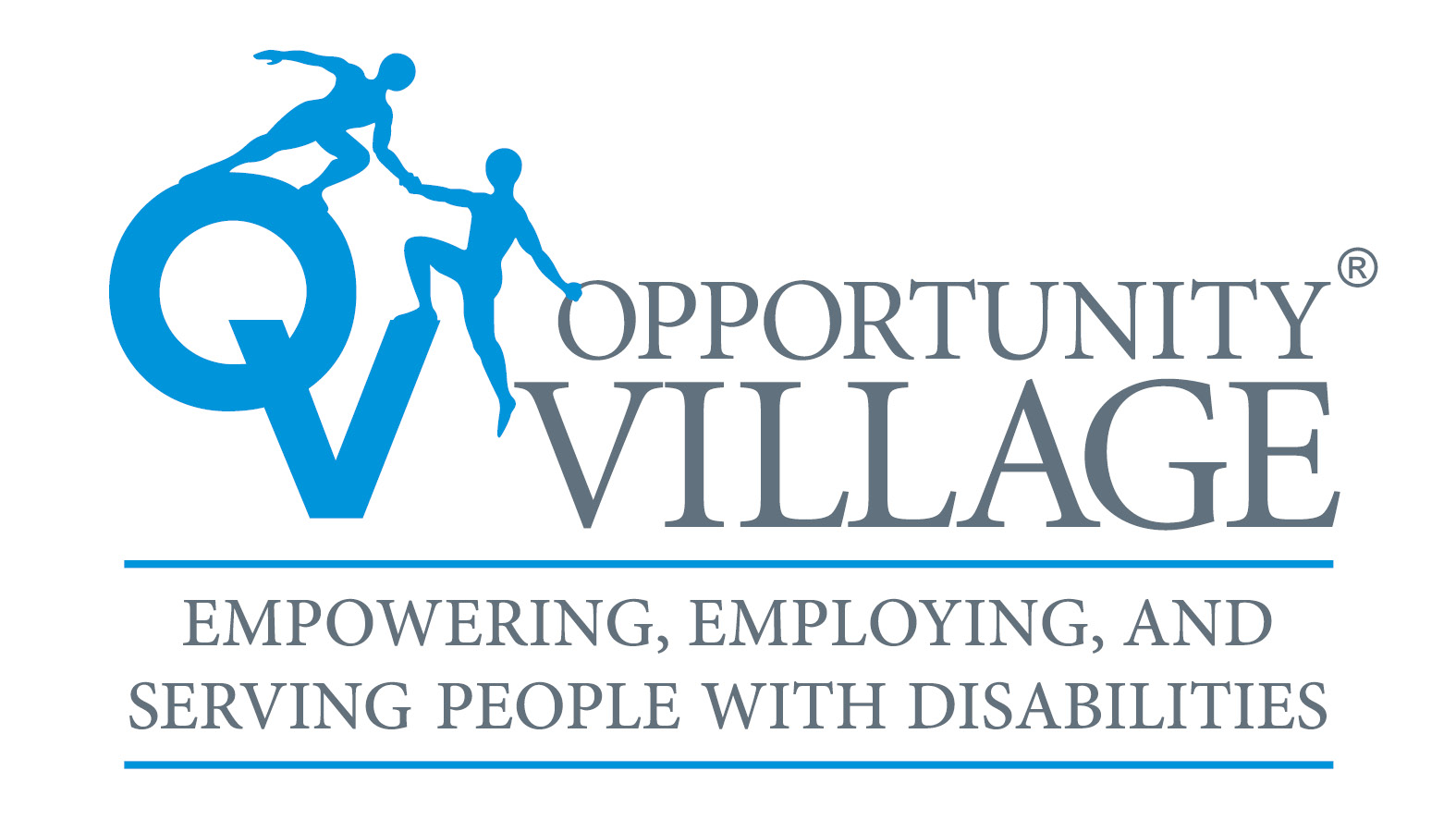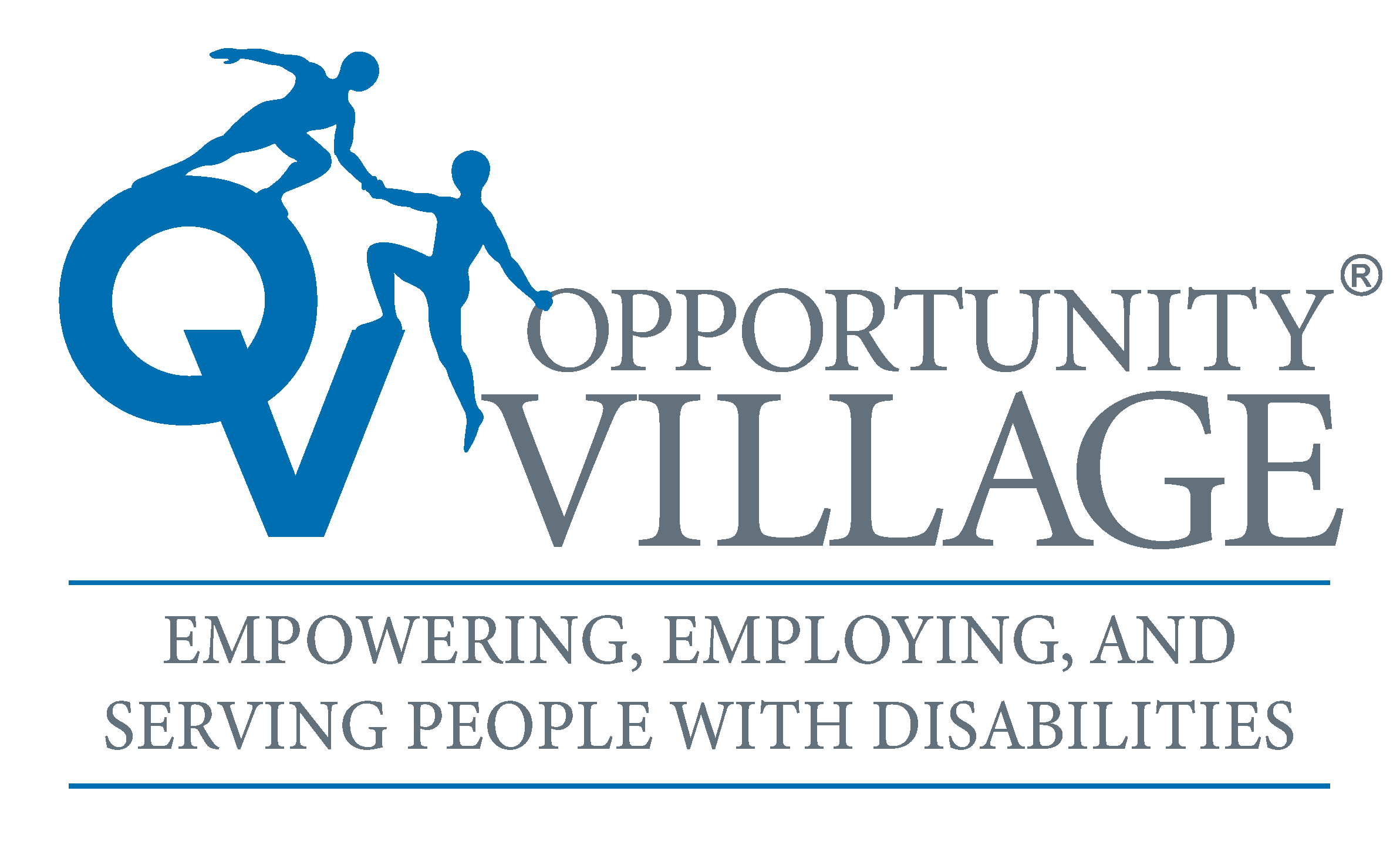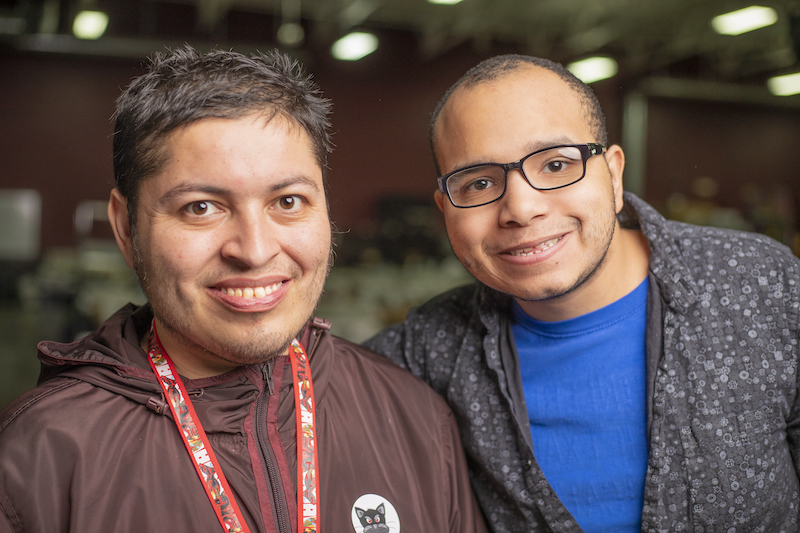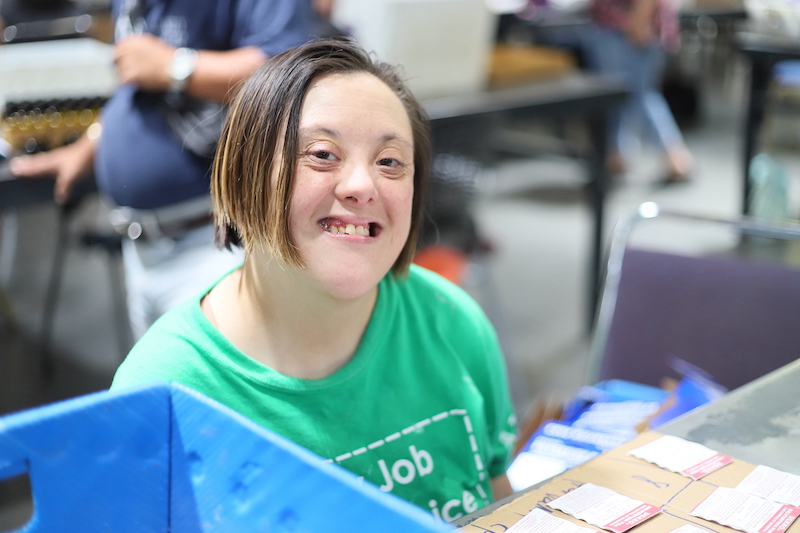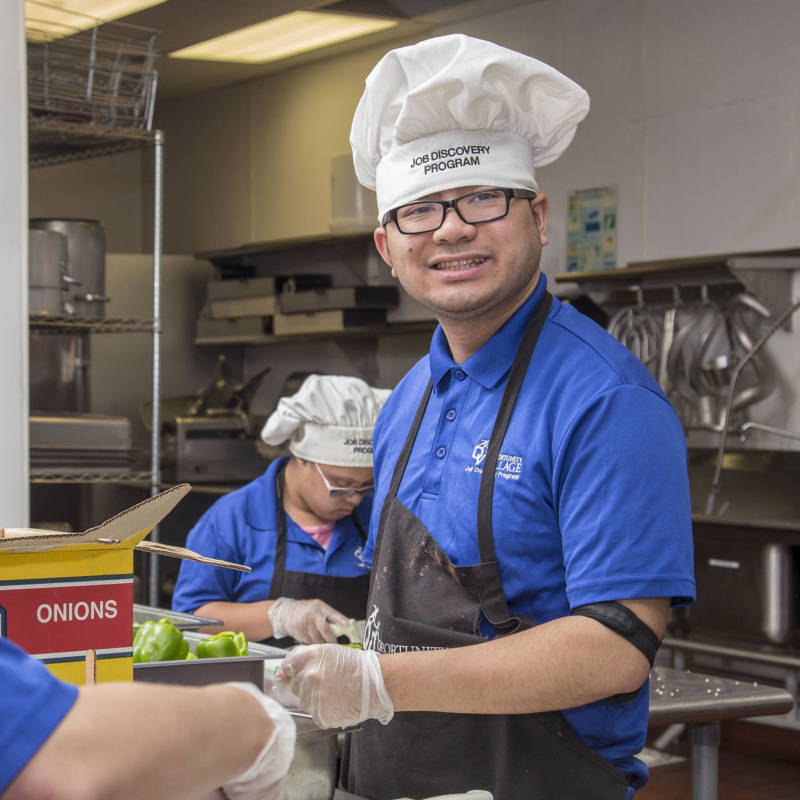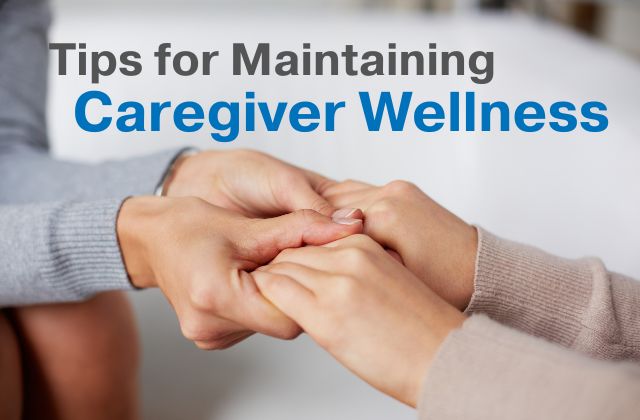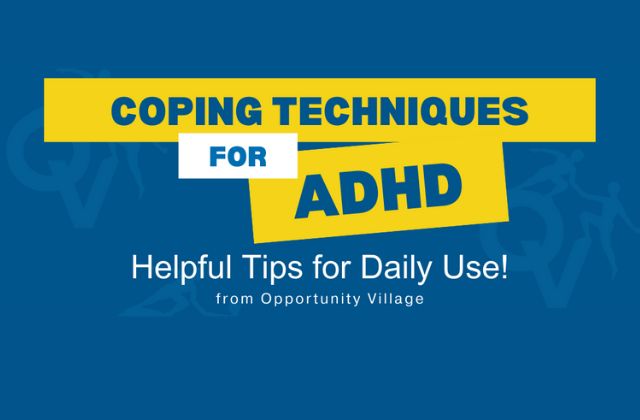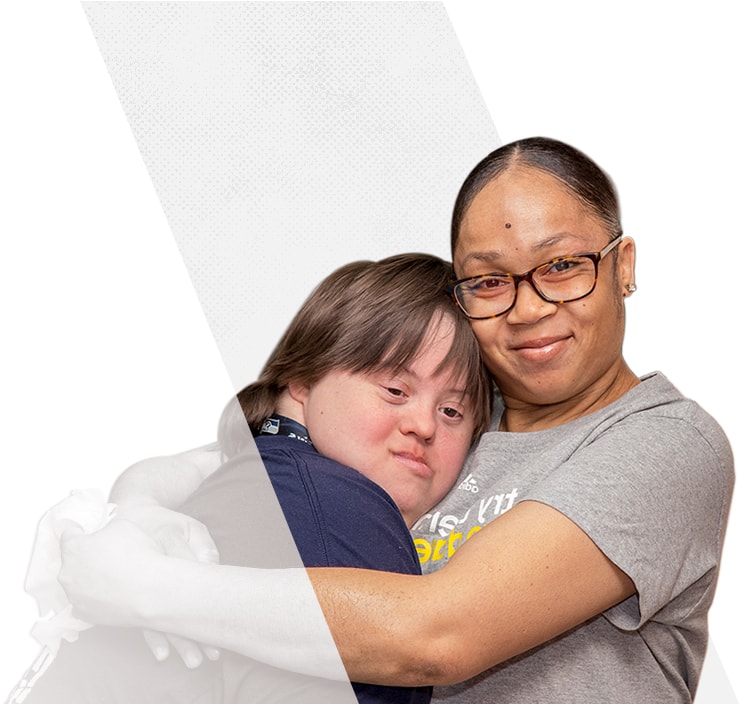When most people think about careers, they think about college degrees, job interviews, and dressing for success. Of course, all these things are important, but addressing career development for students with disabilities needs a holistic approach to help prepare students for job success.
The best way to equip students for success once they get a job is to have a cheerleader in their corner to advocate, mentor and encourage.
In this guide we’ll step you through the challenges, skills development, resources and career opportunities to help students with disabilities be prepared for a rewarding work life.
How can skills be developed in students with a disability?
For many, a job isn’t just about getting paid – although it certainly is a good part. Many people love what they do, and there are loads of personal benefits of working, such as friendship and social interaction, fulfillment, giving back to the community, a sense of identity, learning new skills, health benefits and a sense of meaning and purpose.
Looking for a first job and taking the unknown step into the working world can be difficult and daunting. Add in the complexities of trying to work out how to navigate the recruitment process, and most of us end up overwhelmed, let alone young people with disabilities that need extra support.
The employment landscape for people with disabilities has changed drastically over the past few decades. Yet, while progress continues, there are still many challenges to securing employment.
Underrepresentation in the workforce is a key issue. Only 19.4 percent of persons with a disability were employed in July 2021, less than one-third of the employment-population ratio compared to those with no disability.
So, what’s the solution to career development for students with disabilities? First, families can start the employment aspirations conversation early. Parents are at a unique advantage and can quickly identify their children’s passions, skills and talents and provide guidance and ideas on areas to explore. Then parents, relatives, friends and their networks may be able to provide opportunities for volunteering, career exposure or work experience.
Schools provide a significant transition from education to work for students with disabilities. Guiding students into courses that match their interests and academic aptitude leads to improved employment outcomes and the entire Individualized Education Plan (IEP) team’s success in ensuring post-school preparation.
After graduation, the involvement of community service providers and resources are further stepping-stones to independence and integration into the community.
What are the barriers to employment for a student with a disability?
The World Health Organization (WHO) describes participation disability barriers as being more than just physical obstacles and defines it as:
“Factors in a person’s environment that, through their absence or presence, limit functioning and create disability.”
The U.S. Bureau of Labor Statistics highlights further evidence to support the various challenges faced. Approximately 32.2 million Americans age 16 and over have a disability, and as of July 2021, 43.7 percent who were not working reported some type of barrier to employment. Encouragingly, these numbers reveal a slight improvement from previous years, but there’s still a significant disconnect for a group of the population ready and willing to contribute to society.
The findings also reveal the main challenges for workforce participation:
- 78.9 percent reported their disability was a barrier to employment
- 12.0 percent cited a lack of education or training
- 10.5 percent expressed the need for special features on the job; and
- 10.3 percent said lack of transportation.
The good news is most of these barricades can be broken down with specialized support programs that work directly with job seekers and businesses. Our suite of employment services focuses on removing barriers preventing individuals with intellectual or developmental disabilities from finding and keeping gainful employment.
In our experience, we often find simple modifications or accommodations are needed, and a person with a disability can perform their job functions at the same level as anyone.
What career development opportunities and resources are available for students with disabilities?
Since the President’s Executive Order was signed in August 2010, increasing job opportunities for individuals with disabilities has been a national priority.
Las Vegas employment development services for students with disabilities
The disability employment support area is growing, and many can be found locally. If you live in the Las Vegas area, a great place to start is with our range of Pre-Vocational Services, including:
- Campus-based Training: tailored coaching that focuses on building job and life skills.
- Pathway to Work: community-based on-the-job training utilizing paid work experience to become job ready.
- Entry: starter program with the outcome of transitioning into advanced vocational training programs or obtaining a wage-paying job.
- Career Exploration Program: a community-based on-the-job training program with class time instruction.
Each program provides the scaffolding to build life and job skills, on-the-job training, paid work experience, and a pathway to pride, purpose, and a paycheck.
What are some of the career opportunities available to people with developmental or intellectual disabilities?
Having a disability in one area of life functioning shouldn’t limit the use of the many other natural and acquired talents a person has to give to the world. With the help of the Americans with Disabilities Act and broader social awareness, more and more organizations are creating jobs for people with a disability or harnessing the skills and abilities for existing roles.
The most common and increasingly welcoming sectors include health and education, government, retail and manufacturing. These areas lend themselves to being more open and accommodating to the need for ongoing support in the workplace.
Helpful resources in Las Vegas
Our Job Discovery Program delivers on-the-job training, ensuring positive outcomes for the employee and employer. We do this by using a teaching, placing and coaching framework to bolster confidence that focuses on giving graduates the required skills for continued meaningful employment.
Find out how we can help students with disabilities at each step of the employment journey.
